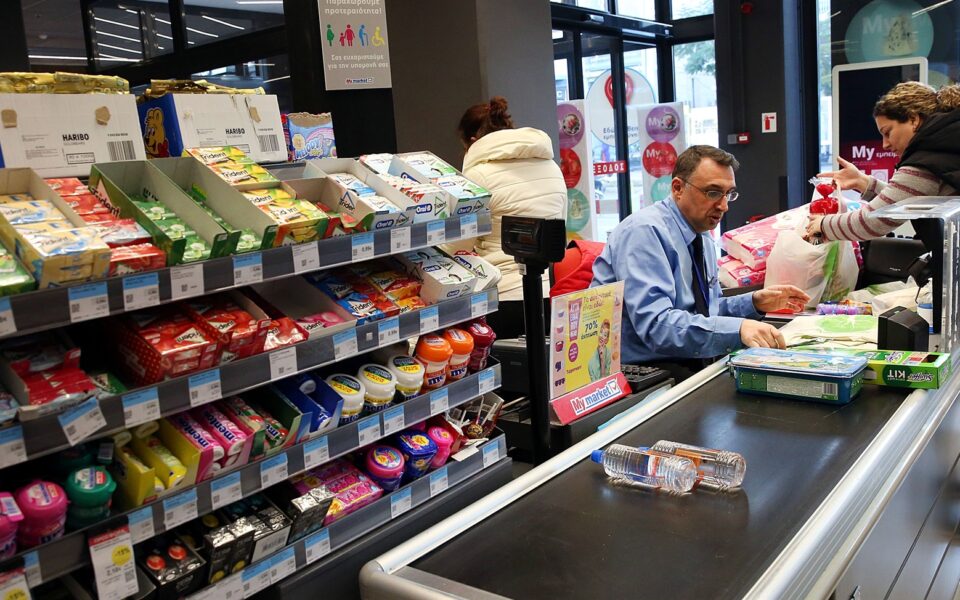Greeks opt for costly items
Research shows that despite the increase in prices, consumers insist on brand-name products

A few months ago, the Competition Commission found that multinationals sell detergents for much higher prices in Greece than in most European countries. Continuing its research and to map the conditions of competition in specific products that have high prices in this country, it found that Greek consumers do not seem to react to price hikes, even if they have alternatives, whether offered by the market itself, such as private label products, or state interventions such as the “Household Basket.”
According to the survey on laundry detergents, conducted from February 2022 to February 2023, a key finding is that since the Household Basket came into effect, consumer preferences between brand-name and private-label products have hardly changed, with the former having an 84% share and the latter 16%. Even after the introduction of the Household Basket, which contained mainly private-label detergents, the share of sales increased to 15.6% from 15.3% three weeks before the Basket took effect.
It is also surprising that only a small percentage of consumers eventually turned to brand-name products that were included in the Household Basket (from 0.5% of sales to 0.8% at the end of the period reviewed). All this while brand-name products (powder and liquid) not included in the basket showed the biggest increase in their price, of the order of 16%. Private-label products included in the Household Basket saw an average drop in price of 8.27%, but those that left it increased in price the most – by 8.69%. Last March the Competition Commission had published an investigation into the detergent prices of two multinational groups in Europe. The research showed that prices in Greece were up to 361% higher than the cheapest European country. In fact, Greeks pay more for these products than many Europeans with much greater purchasing power.
Market analysts attributed that to three factors: the small size of the Greek market, which leaves little scope for price competition; the low penetration of private-label products in the detergent category; and the very small domestic production.





